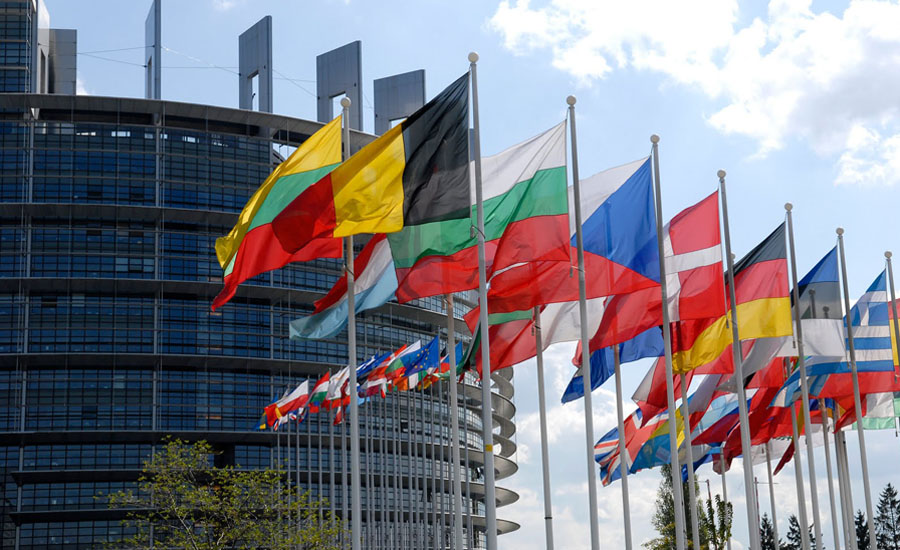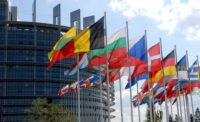Two reprotoxic substances banned in the EU

The European Commission, on advice from the European Food Safety Agency (EFSA), has banned two pesticides: chlorpyrifos and chlorpyrifos-methyl - organophosphates used as ingredients in a number of insecticides.
Chlorpyrifos is manufactured primarily by Corteva, formerly Dow Chemical and renamed Corteva following its merger with DuPont in June 2019). It has been on the market since 1966 and is currently in use in some 80 countries.
Some countries opposed the ban
The decision to ban it was confirmed last month by a majority vote of European Union (EU) Member States. According to information in the French Le Monde, a group of countries opposed the ban of chlorpyrifos-methyl (Spain, Portugal, Italy, Greece and Poland) but were unable to block the decision. Spain was the country responsible for compiling the provisional assessment report for the EFSA. This report basically mirrored the conclusions presented by Dow Chemical.
The two substances had an authorization granted in 2006 and due to expire on 31 January 2020. “Even back in 2006, studies highlighting the risks of chlorpyrifos already existed,” according to the European Trade Union Institute (ETUI). “In particular, a study conducted by a research team from the University of Columbia in the U.S. stressed that prenatal exposure to chlorpyrifos could cause major development deficiencies.
Brain anomalies
“The impact of this substance on the development of a baby’s brain during pregnancy has been confirmed in several scientific studies, such as the one published in 2012 in the Proceedings of the National Academy of Sciences (PNAS). A link has been established between high exposure in utero and significant brain anomalies. Effects include cognitive test results well below average, attention deficits and weaker IQ test results. Other studies highlight the role played by this substance in the autism of children born in farming regions.”
Chlorpyrifos has been the subject of a heated debate in the US. The EPA announced in 2016 that it would be banned, a decision blocked by the Trump administration. The agency was required to renew its authorization of the pesticide in July 2019. This widely criticized action fueled a clash between the administration and the state California over chemical risks. In May 2019, California made the decision to ban chlorpyrifos.
Of the European Commission action, Laurent Vogel, senior researcher at the ETUI, said; “although late, this is a welcome decision. Eight EU countries had already decided to ban chlorpyrifos on their territories (Denmark, Finland, Germany, Ireland, Latvia, Lithuania, Slovenia and Sweden), showing that the more ambitious policies on protecting health and the environment of certain Member States can help prod European decision-makers. This could serve as a precedent for glyphosate and other particularly dangerous pesticides.”
References:
EU should ban brain-harming chlorpyrifos to protect health - pdf
L’Union européenne devrait interdire le chlorpyriphos, dangereux pour le cerveau - pdf
Looking for a reprint of this article?
From high-res PDFs to custom plaques, order your copy today!








.jpg?t=1721257160)